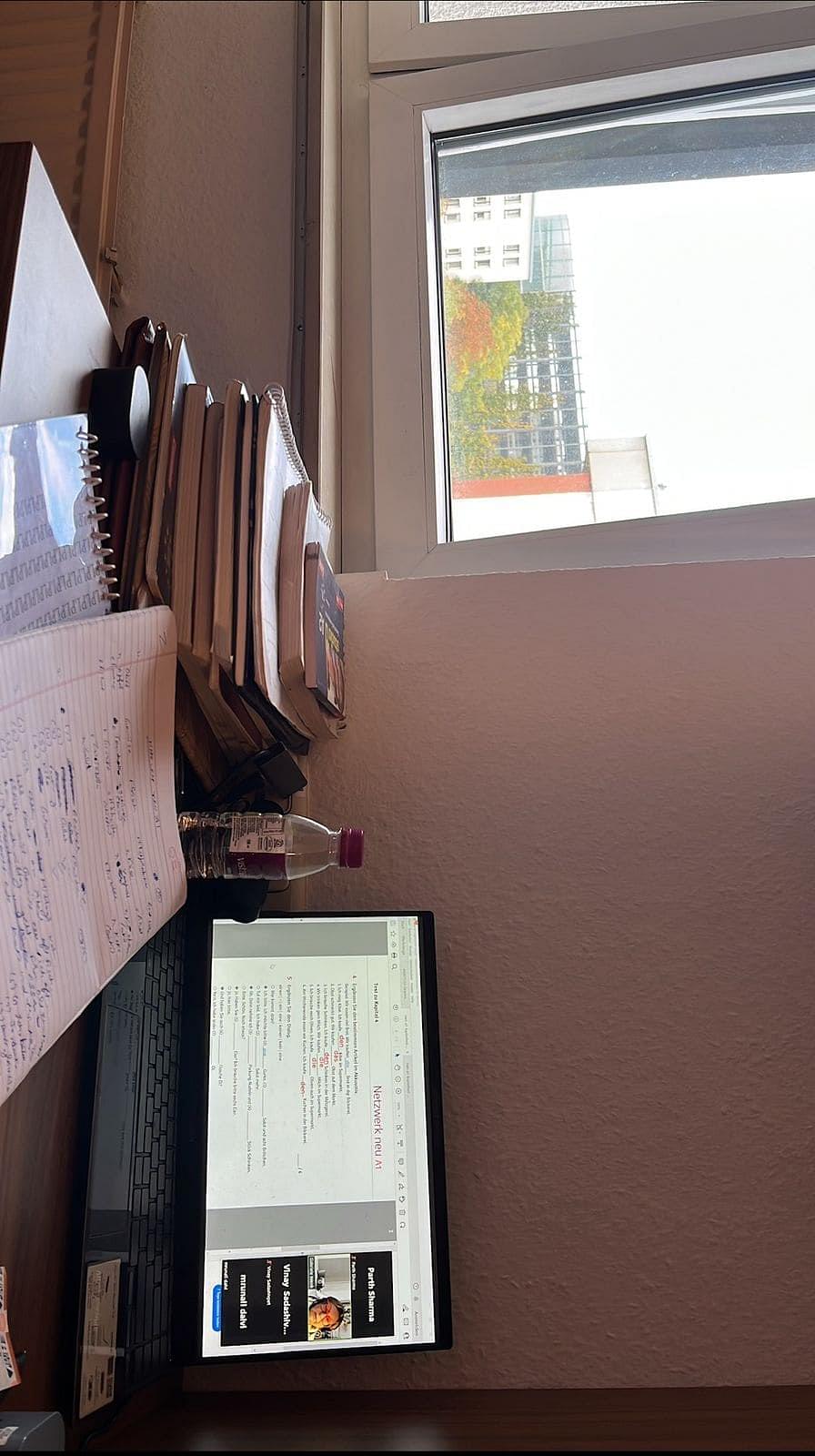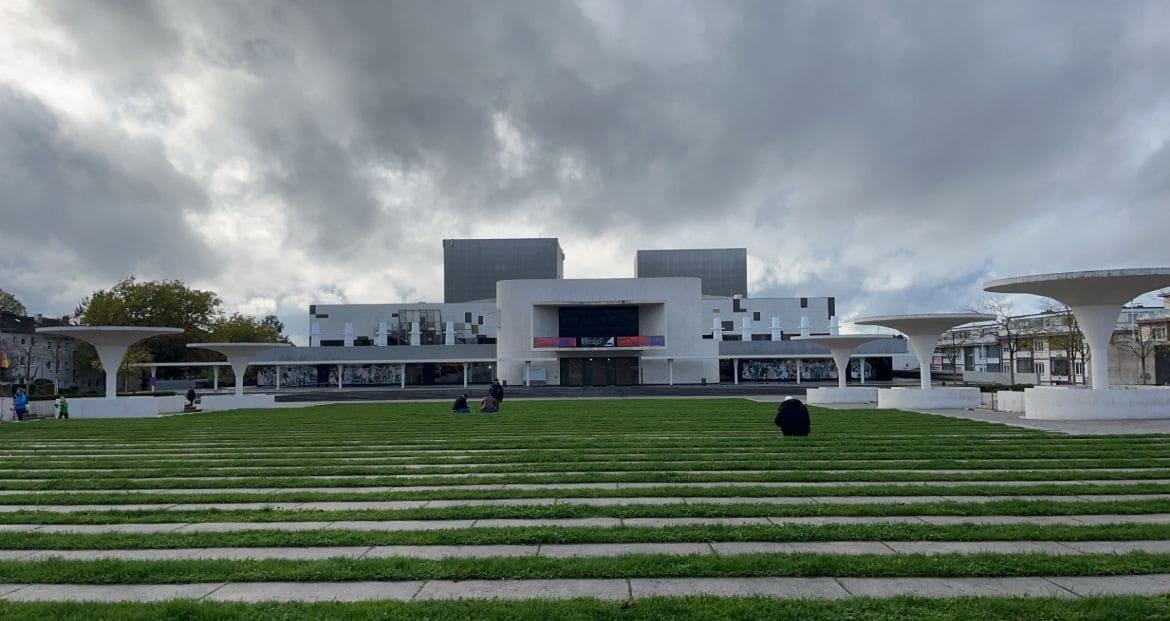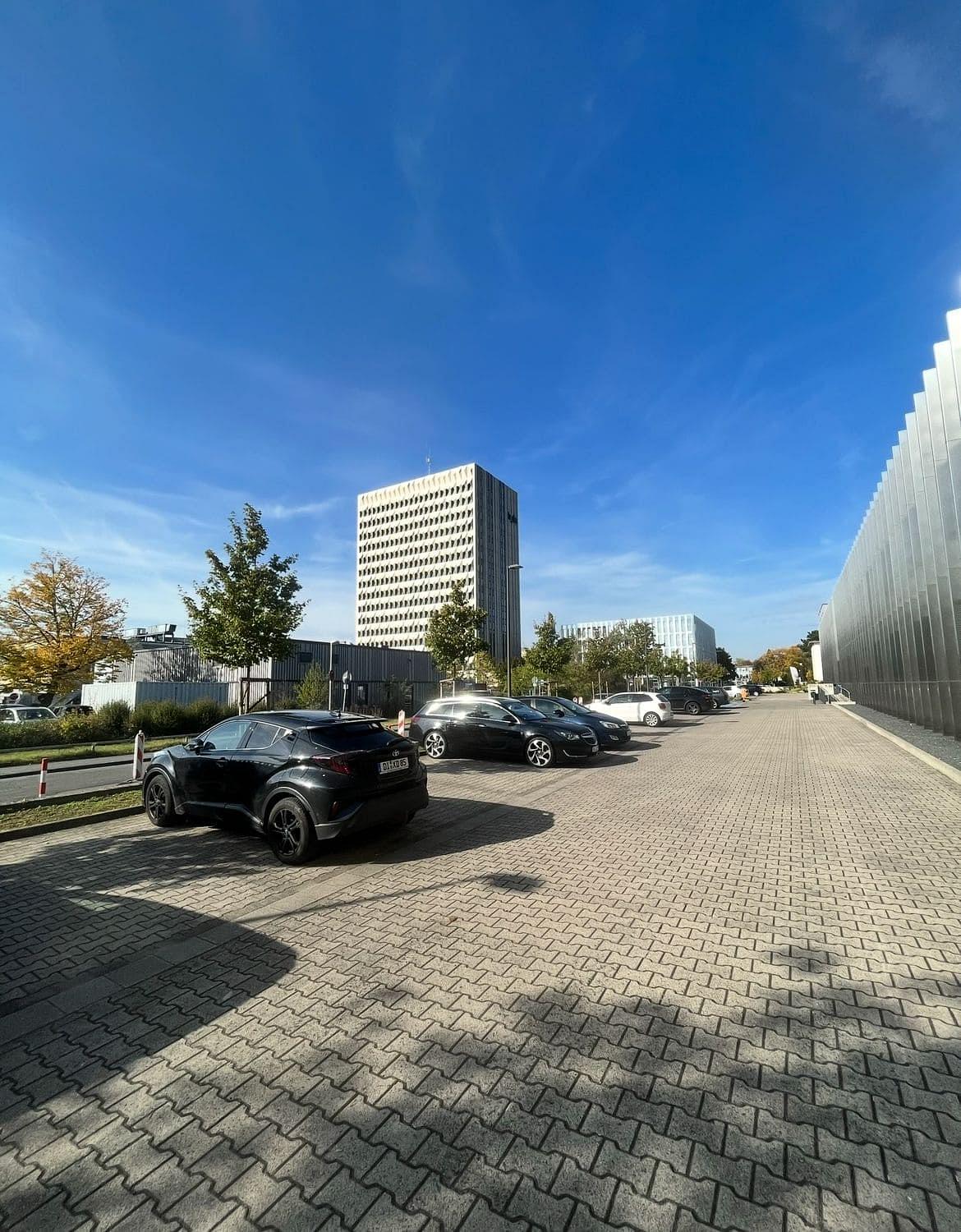What Students Say
Likes
- Location is really good. Experience of roaming around the nearby places is enriching.
- Regularly there are job fairs which gives you the opportunity to interact with people from industry.
- As they dont have any high tuition fees, so you dont feel the burden of finishing your program quickly.
Dislikes
- Support is not there too much for acquiring jobs.
- Sometimes classes used to be quite lengthy, like continous 5 hours.
- Library is not big enough, there were a few books which were not available sometimes.
Colleges Where I Was Accepted
Reason for choosing my college
- Hochschule Darmstadt actually provides a nice structure, in a way the students get 1 year of practical experience before getting exmatriculated, which is great for full-time job applications. 6 months of mandatory internship, followed by 6 months of thesis, makes you well experienced before starting full-time jobs in Germany.
Colleges Where I Was Rejected
Reason for Rejection
- My bachelor's grades were not good for these universities. Their application process was also quite stringent in terms of how much GPA they expect from an applicant. These universities are a part of TU9, and they have a highly scientific research focus.
Required Exams for Admission
Required Documents For Admission
CV |
SOP |
LOR
Tips to enhance your application
- Have a nice SOP.
- Show your zeal towards coming abroad, learning german and, at the end of the course, serving the German industry.
- Have an articulated, well-rounded CV; make sure to include all documents in a structured way; German universities embrace structured applications.
Admission Experience
- Germany is good for budget-friendly options for studying abroad. Apart from that, the German job market is also the most lucrative in Europe. Academic reputation and ranking, I don't know. I only look up to the curriculum of the programme I am applying to, not the university. I did a Masters of Electrical Engineering and IT. Experience was good, friendly people.
Class Schedule
- We used to have around 10–12 classes in a week starting from 8 a.m. to 5 p.m. After 5pm, twice a week, we had German language classes offered by the university for students of different levels (A1 to B2).
- The batch strength was 50 students, out of which there were 30-35 Indian students. Apart from regular classes, I devoted 1 hour daily to self-study and revision.
Faculty
- I don't know about the faculty-to-student ratio but faculties are really approachable; they have consultation hours specified.
- My faculty for human-machine interface, I like him for his friendly approach to learning. For this subject, my professor didn't even take an exam; we had to make a project and show it at the end of the semester.
Campus Life
- My college had 2 campuses, one in Dieburg and one in Darmstadt. I was in Darmstadt. The library was there. A table tennis table was also there. There was a big culture of student parties hosted by some people living in dorms.
- Usually, it was organised on weekends and almost every 2 months. I don't remember the name of Fest or something like that.
Part Time Jobs
- Most Indian students prefer working for various companies offering jobs with less German interaction. Companies differ from region to region. For my region, Amazon warehouse jobs, and Accented security night jobs were quite popular. also, delivering food delivery jobs. They all get paid around 14 euros/hour. Getting these jobs is quite easy; you just have to submit your details and enrolment certificate, Visa, TaxID, social security number.
- I got one student research assistant in the cybersecurity research department (da/sec). The payment for these jobs is usually 15 euros/hour. I found an internship after 6 months of applying. Maximum 40 hours were allowed.
- For work students, 20/week is the limit. From what I remember, 3 students from my class also did the student assistant job.
Placement
- I don't know about what percentage of people secure a job within 6 months. But the average salary range is like 50000 euros/annum.
- The highest salary can be around $65,000, and the lowest can be $45,000. Students find jobs using portals like Xing, Stepstone, the university job portal, LinkedIn, attending job fairs, networking.












